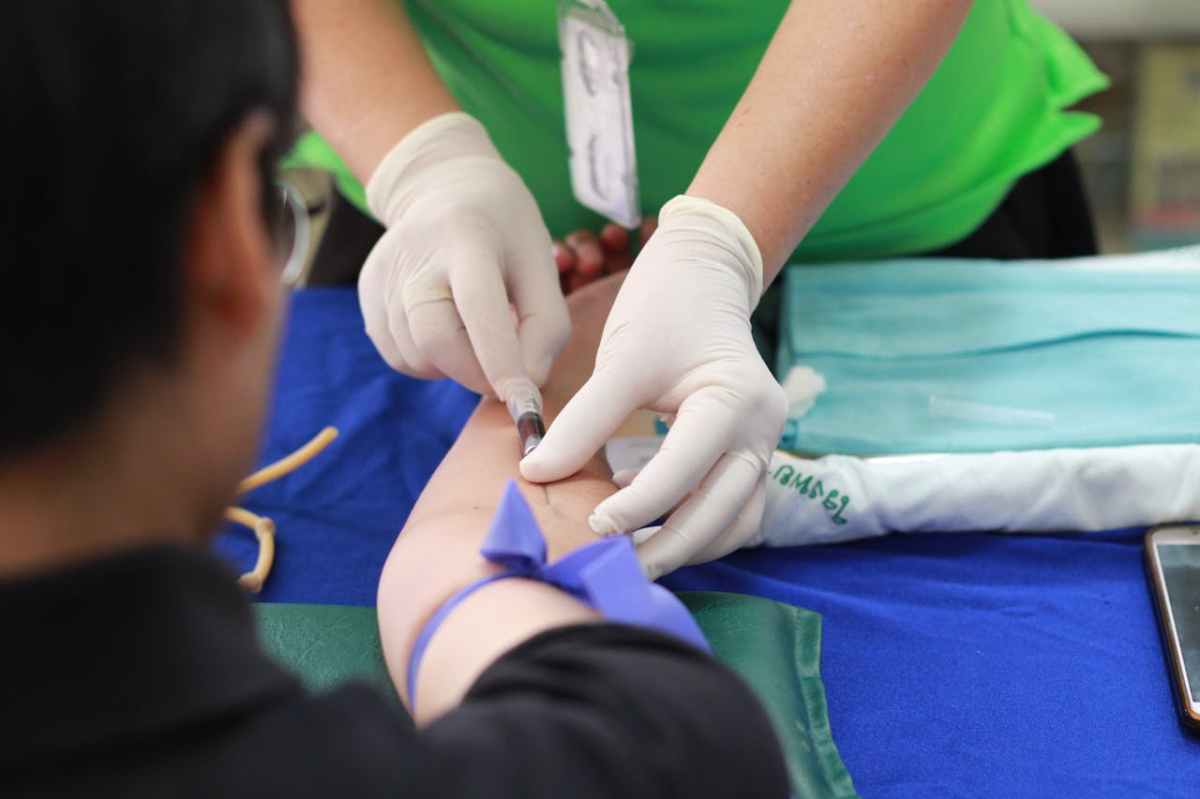Origin of World Health Day
World Health Day is celebrated every 7th of April, marking the anniversary of the founding in 1948 of the WHO, a UN institution – although not one of the main United Nations bodies – dedicated to managing health prevention, promotion and intervention policies.
From its first edition in 1950 under the slogan ‘Know your health services’ to the last one held in 2024 with the theme ‘My health, my right’, dozens of editions of International Health Day have focused both on the objectives of the organisation itself and on health problems that require special attention.
WHO: World Health Organisation
As we have just mentioned, the World Health Organisation was founded in 1948 as the UN organisation dedicated to global health and safety, bringing together nations, partners and communities.
The constitution of this organisation was adopted within the framework of the International Sanitary Conference, which took place in New York between 18th June and 22nd July 1946. A text signed by representatives of 61 states which, as we have mentioned throughout the article, came into force on 7th April 1948.
Based in the Swiss city of Geneva, the WHO also has six regional offices (Africa, the Americas, the Eastern Mediterranean, Europe, South-East Asia and the Western Pacific) through which it promotes health, extends universal health coverage and responds to emergencies.
World Health Day 2025. Healthy beginnings, hopeful futures
To mark World Health Day 2025, the WHO is promoting the campaign ‘Healthy beginnings, hopeful futures’ to end ‘preventable deaths of mothers and newborns, and prioritise the long-term health and wellbeing of women’.
This is highly relevant if we consider that every year some 300,000 women die during pregnancy or childbirth and two million newborns die in their first month of life.
The campaign seeks to raise awareness of the deficiencies in neonatal and maternal survival, and advocates for investment in improving the health of women and newborns and providing useful information on pregnancy, childbirth and the postnatal period.
Digital health and technology
Technology is having an impact on every facet of our lives and health, like many other sectors, is no exception.
Our colleague and expert Julio Jesús Sánchez reflected on the subject and what is known as digital health in our blog as part of the Interviews 101 initiative.
Sánchez focuses, among other things, on the impact of AI in the healthcare sector, breaking down its applications in different and varied fields such as public health or the pharmaceutical industry through multiple applications ‘starting with medical diagnosis, where AI algorithms are trained to find diseases in patients’ tests or biomediads’.
Likewise, this expert points out that there are three main advantages offered by digital health: the first refers to people’s own health – by improving patient outcomes -, the second has to do with the user experience – both for patients and healthcare professionals – and the third with sustainability and efficiency.
Similarly, he explains that ‘we must understand technology as an enabler for digital transformation’ which in the healthcare sector has to go further. An idea that he summarises as follows: ‘It is not about incorporating technology for technology’s sake, because it is the fashion of the moment, but about creating a more personal, human and sustainable healthcare system’.












